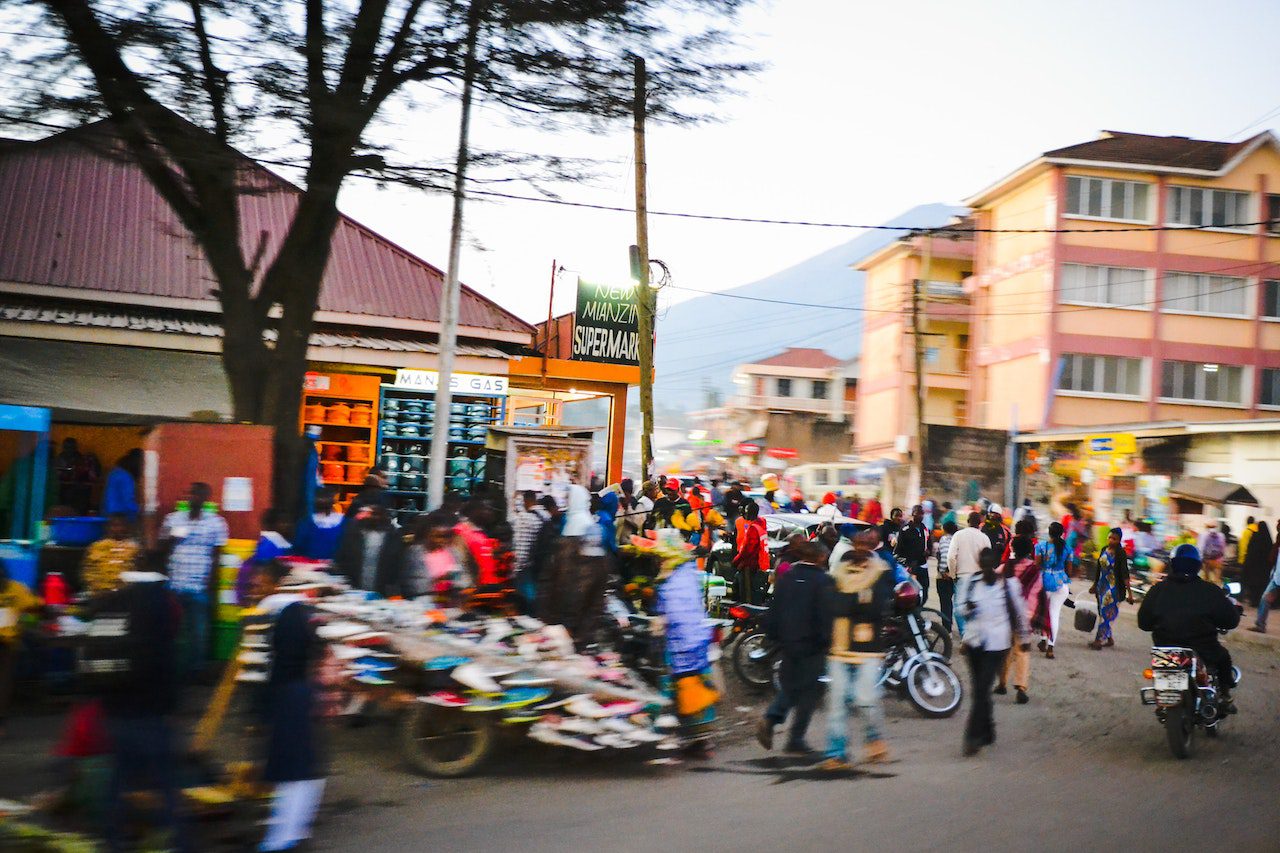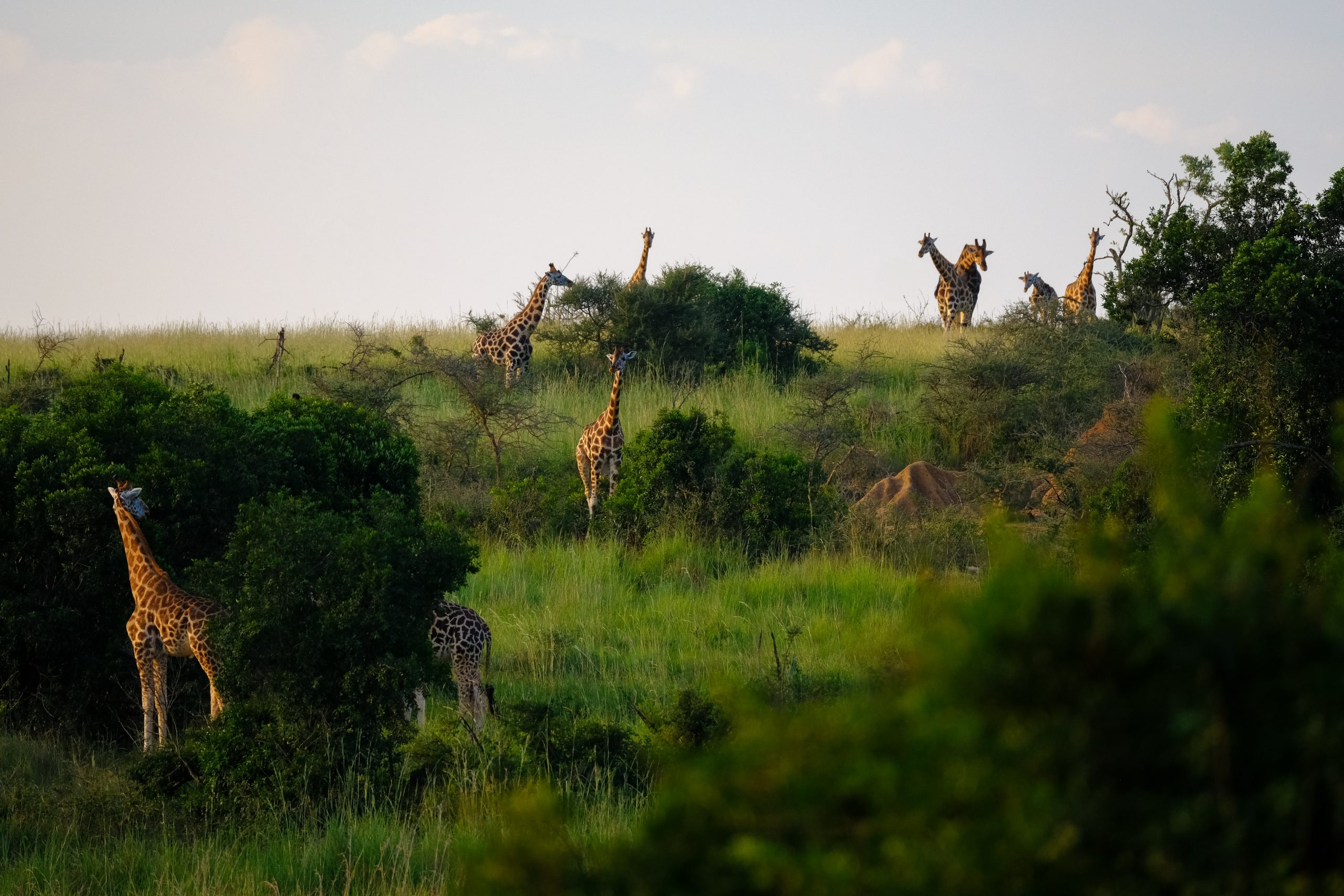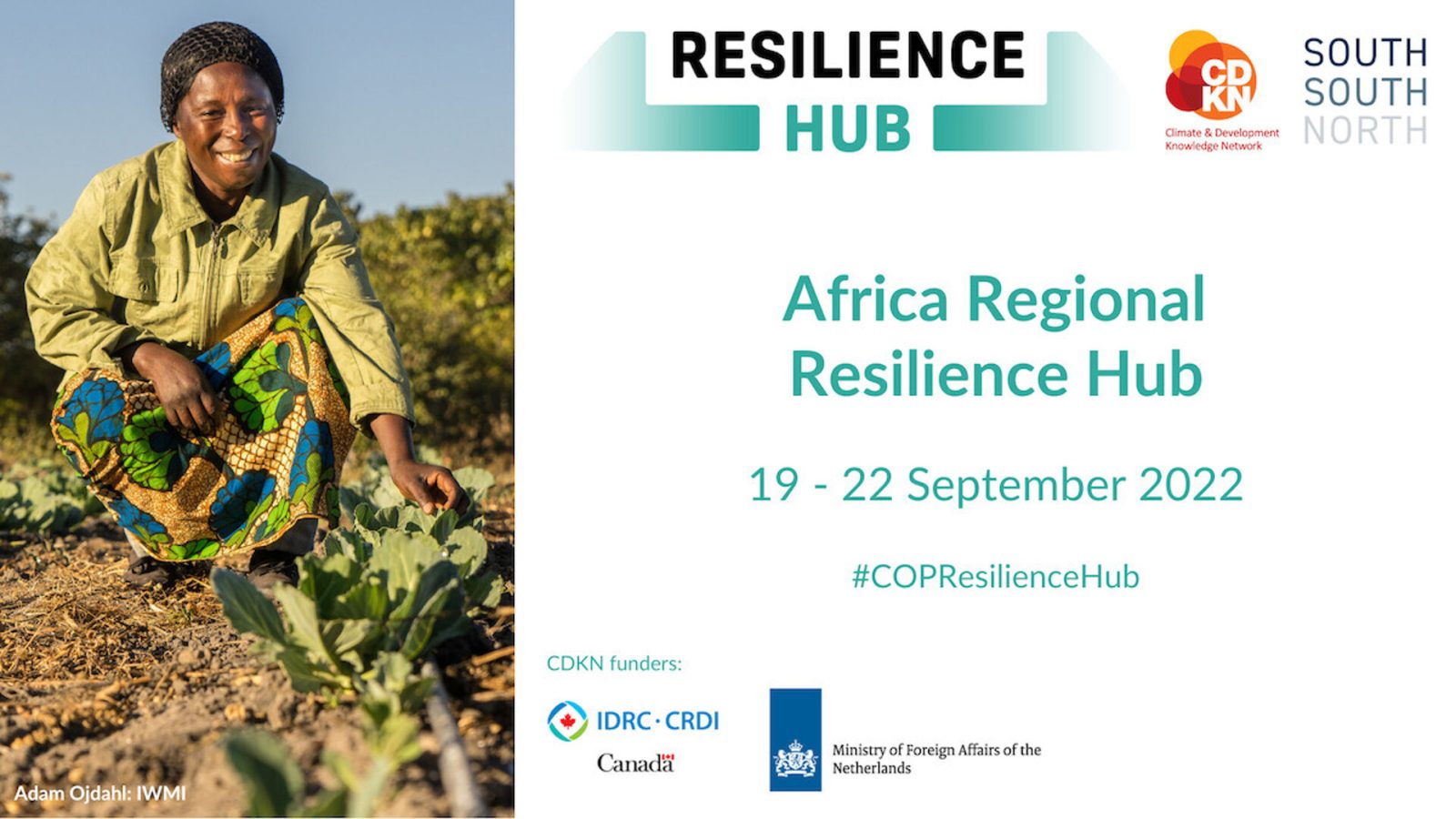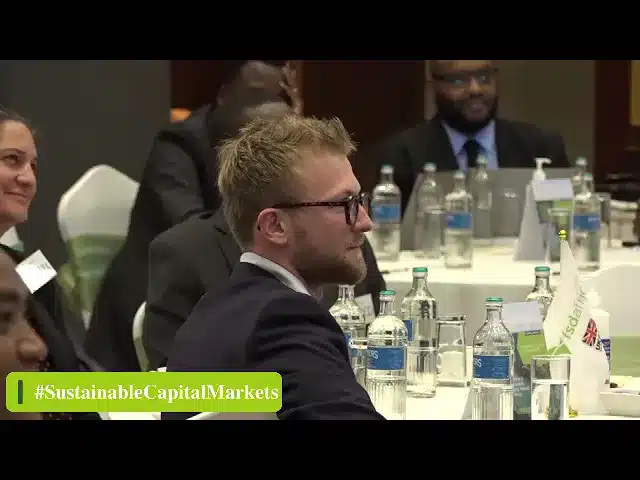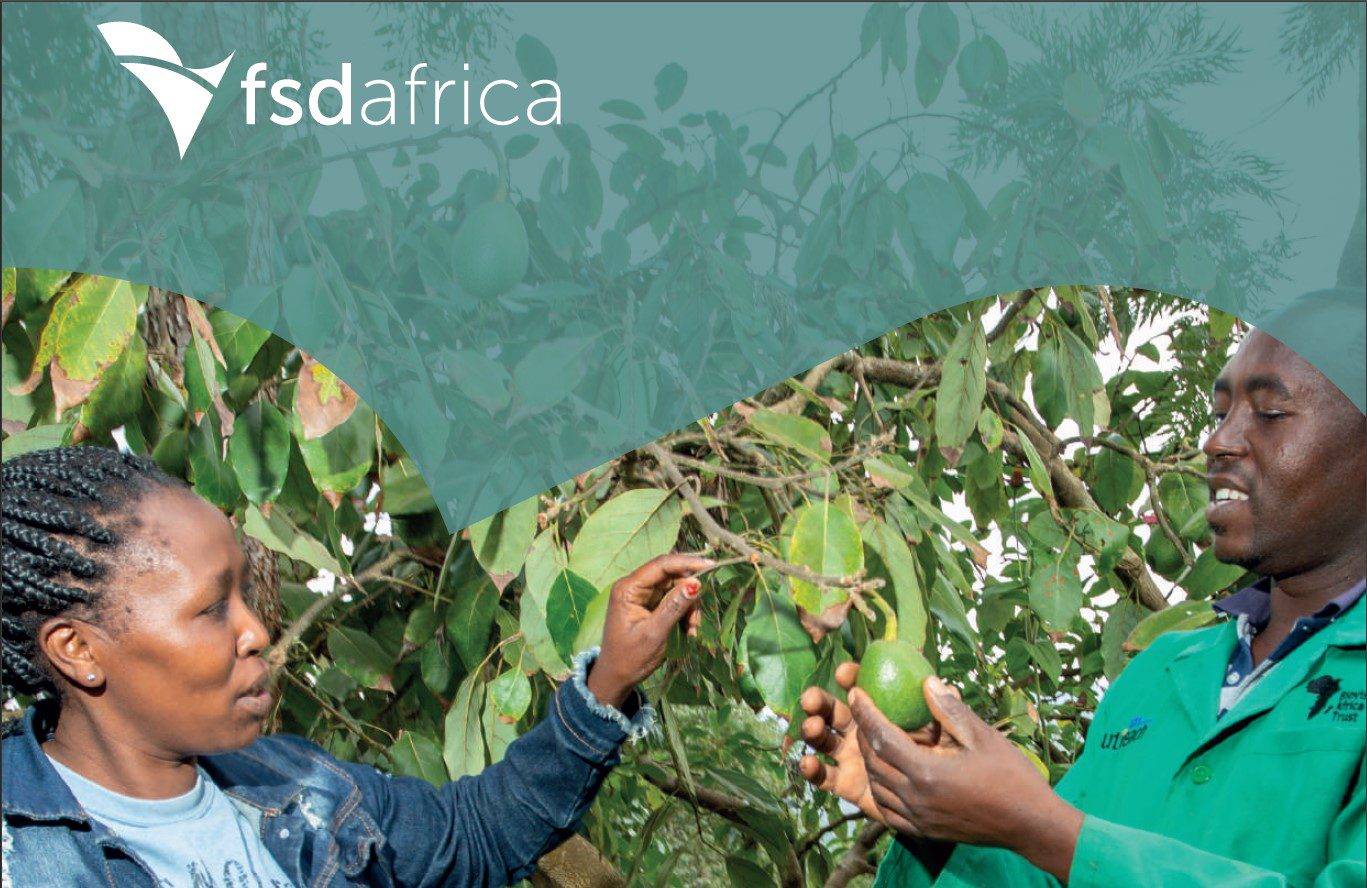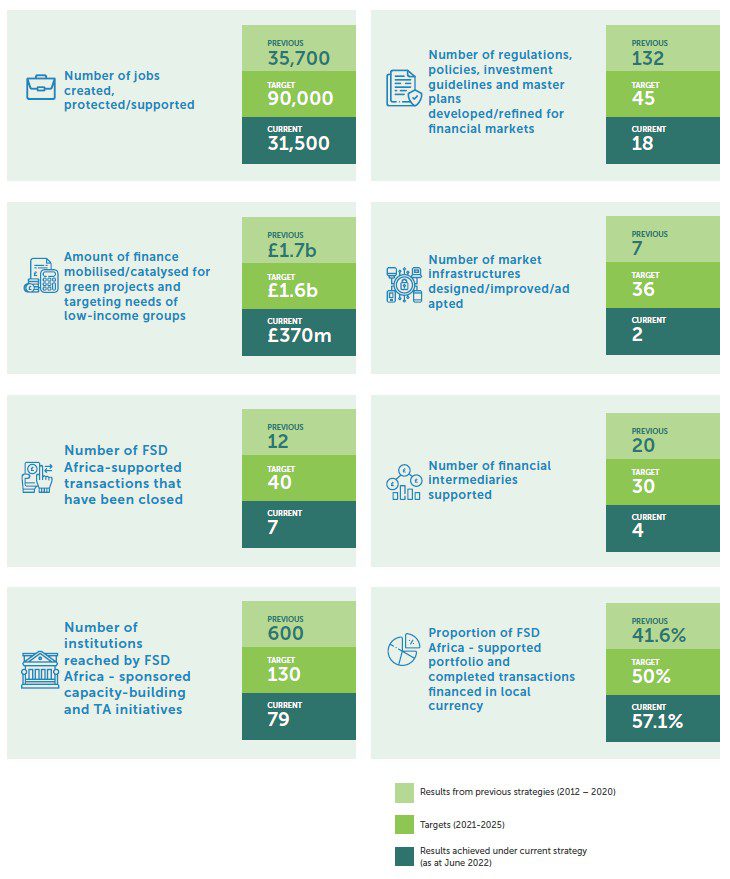| Speakers |
| Mr. Babajide Sanwo-Olu, Governor of Lagos State |
| Dr. Mahmoud Mohieldin, High Level Climate Champion |
| Hon. Bogolo J Kenewendo, Africa Director, High Level Climate Champions |
| Dorothy Maseke, Group Head of Risk and Compliance ICEA Lion Group |
| Kelvin Massingham, Director – Risk and Resilience – FSD Africa |
| Lesley Ndlovu, CEO – African Risk Capacity |
| Patty Karuihe-Martin, CEO – Namib Re |
| Philip Lopokoiyit, Group CEO – ICEA LION Group |
Africa insurance industry to underwrite $14bn of cover for climate risks by 2030
9 November 2022, Sharm El Sheikh – The Nairobi Declaration on Sustainable Insurance (NDSI) signatories have today announced a first-ever financial commitment by the African insurance industry to underwrite $14 billion of cover for Africa’s climate risks by 2030.
The announcement was made at COP27 side event: “Leveraging the African insurance industry to create resilient African economies.” Moderated by Hon. Bogolo Kenewendo, Africa Director and Special Advisor, High-Level Climate Action Champions, the session highlighted the critical role of the African insurance industry in creating climate resilience for the continent.
This commitment comes as Africa continues to face irreversible loss and damage associated with global climate change impacts such as drought, flood and tropical cyclones. With African nations among the most exposed globally to the impacts of climate change and nature loss, Africa cannot continue to rely on international aid and developed world climate finance commitments to respond to climate catastrophes.
Local, market-based disaster risk finance solutions must be developed and scaled, including risk transfer solutions such as insurance, as these are critical tools in ensuring resilience. In particular, the leverage and immediate deployment of capital that insurance capital allows need to be further utilised.
It is in response to this that the 85+ NDSI signatories are announcing the creation of the African Climate Risk Facility, which will take a targeted approach to respond to climate risk. Through this facility they are committing to underwrite $14bn of cover for climate risks by 2030 to protect 1.4 billion people against floods, droughts, and tropical cyclones.
The Africa Climate Risk Facility is a mechanism that will scale private sector underwriting of climate disaster risk in Africa. It will facilitate the uptake of climate risk insurance by African sovereigns, cities humanitarian organisations and NGO’s to help African countries better manage the financial impacts of climate shocks and increase the resilience of the most vulnerable communities. The Facility will include a donor-funded Trust Fund that provides premium subsidies, product development technical assistance and policyholder capacity building. The governance of the Trust Fund will be designed to allow swift response to opportunities.
Kelvin Massingham, Director Risk and Resilience, FSD Africa said: “Mainstreaming resilience into Africa’s economic development is essential to secure future prosperity and sustainable growth. Now is the time for the African insurance sector to play the significant role it should in creating this resilience. The Nairobi Declaration on Sustainable Insurance’s proactive and market-based approach is exactly what we need, and the commitment today is a strong statement to work together to provide an African-led solution to loss and damage.”
Patty Karuihe-Martin, CEO Namib Re commented: “Irreversible Loss or Damage refers to the calamitous impacts of climate change that cannot be circumvented by mitigation and adaptation alone. So apart from managing risk, crafting affordable risk transfer and risk sharing solutions through compliant, trusted and responsive Insurance and Reinsurance for such loss or damage for the developing countries is a crucial discussion; if not for unfailing and guaranteed resilience then at least to allow for decent work and dignified life to continue.”
Phillip Lopokoiyit, Group CEO, ICEA LION Group said: “As private sector insurers, we have a key role to play in ensuring a sustainable future. Our priority lies in providing solutions that will support the resilience of our clients in light of the greatest challenge facing humanity. Coming together as signatories to support the set-up of the Africa Climate Risk Facility, will provide the necessary capacity needed by insurers to the solutions that will respond to climate risk. The commitment that we have made, as signatories, to underwrite $14 billion of cover for climate risks by 2030, will protect 1.4 billion people against floods, droughts, and tropical cyclones.This is indeed a testament of our quest to ensure that we contribute to the long term sustainability and economic resilience of our countries.“
About the Nairobi Declaration on Sustainable Insurance:
Launched in April 2021, The Nairobi Declaration on Sustainable Insurance is the declaration of commitment by African insurance industry leaders to support the achievement of the UN Sustainable Development Goals (UN SDGs). Accredited by the United Nations Environment Programme, Principles for Sustainable Insurance (UNEP PSI) and with over 85 signatories, it is promoting action by the African insurance sector towards sustainability goals.
This Africa focussed initiative was designed to encourage and support the African insurance market players to commit to sustainable insurance practices. It is also a convening platform for a united African voice on the global stage on climate change issues affecting the continent and the insurance sector.
The Nairobi Declaration on Sustainable Insurance is an alliance of senior leaders in Africa’s insurance ecosystem who are committed to accelerate solutions to major sustainability challenges – ranging from climate change and ecosystem degradation to poverty and social inequality – particularly in a post-Covid-19 world.
To date, more than 85 insurers, reinsurers and brokers have signed the Declaration and committed to the five key areas including risk management; insurance; investment; policy, regulatory and industry engagement; and sustainable insurance thinking and practices.
For further details on the Nairobi Declaration on Sustainable Insurance or any interview requests, please contact:
FSD Africa
Nelson Karanja
Director, Communications & Engagement
FSD Africa
nelson@fsdafrica.org

